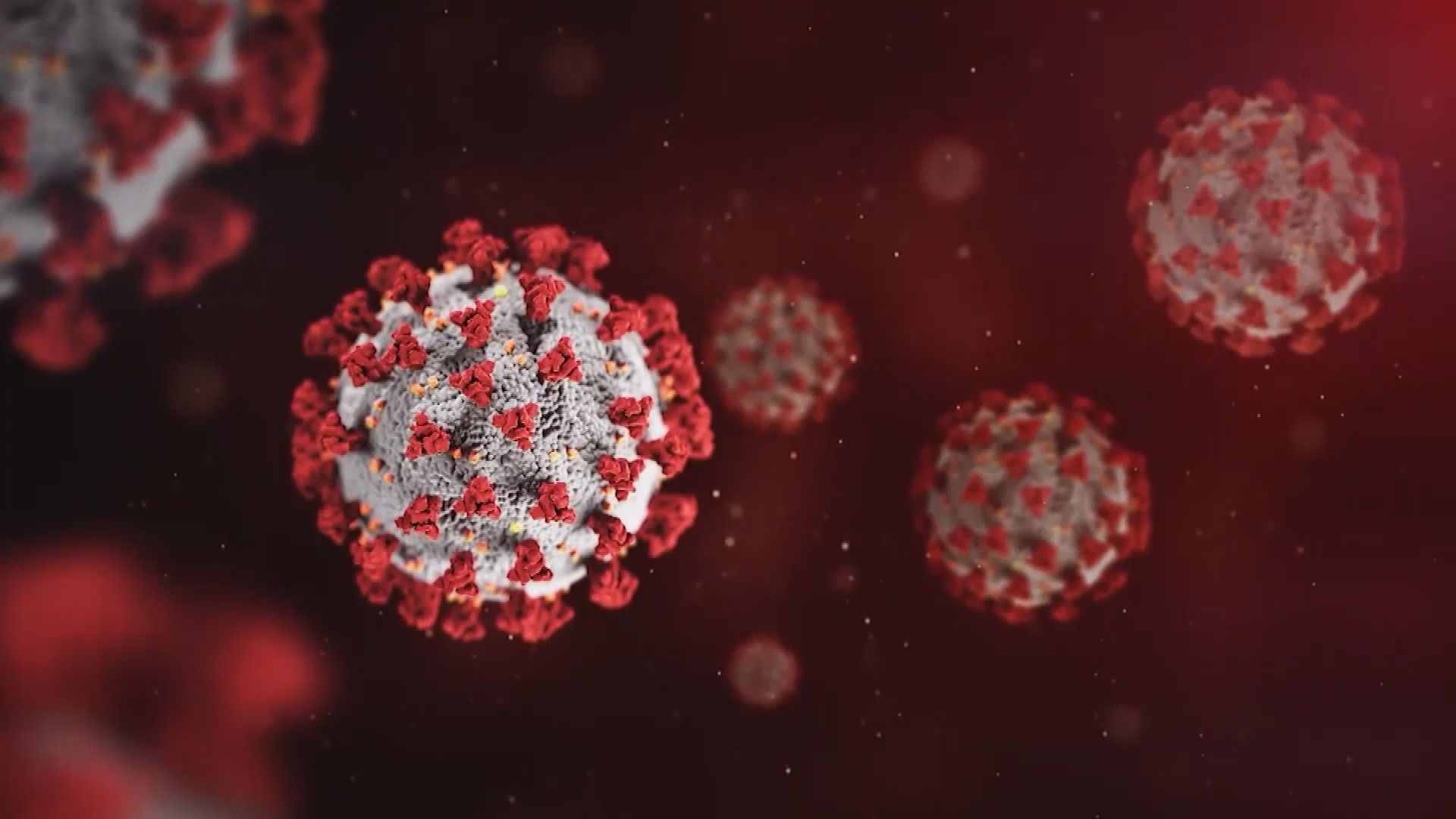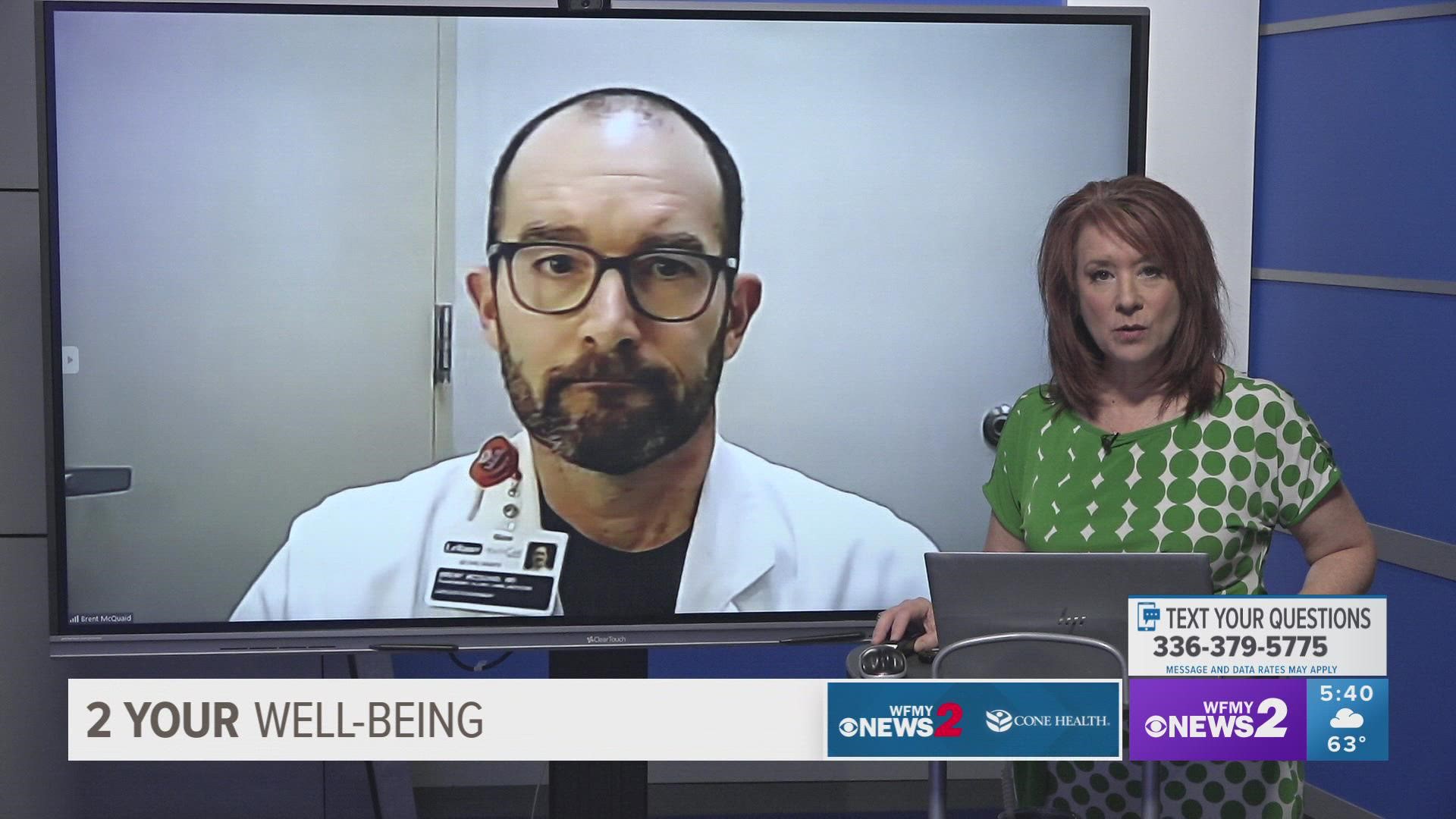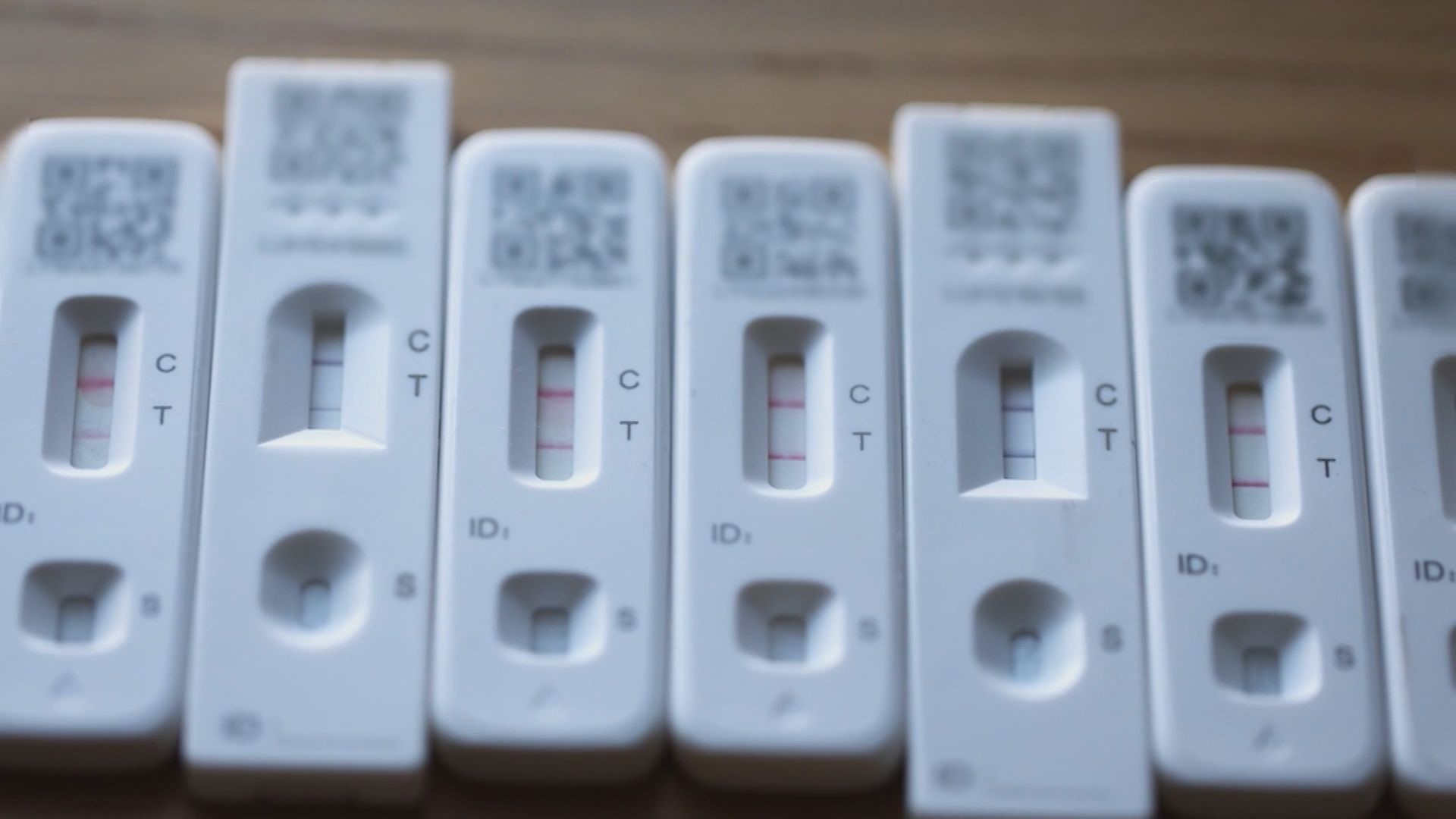GREENSBORO, N.C. — COVID-19 looks different today in 2023. It's been three years since the virus changed our everyday life. Chances are you've had COVID-19 or could in the future.
Dr. Brent McQuaid, Director of Critical Care for Cone Health broke down how things have changed since the virus started spreading.
"The virus itself doesn't make people as critically ill as it did early on, but it's very infectious," said Dr. McQuaid.
TREATMENT OPTIONS
Since late 2021/early 2022 there are two oral options doctors can use as COVID-19 treatments: Paxlovid or Lagevrio
"It's made it easier to treat patients. Prior to that we only had IV options, with these oral options, it's easy to treat patients as outpatients in about 5 days," said Dr. McQuaid.
These oral options are not for everyone. If you are young, have mild symptoms and have no other health issues, you probably don't need this prescription treatment.
Consult with your primary care doctor if you test positive and think you may need a prescription.
CHANGING SYMPTOMS
Overall symptoms of COVID-19 have not really changed. Largely it will still feel like you have a really bad virus. That means body aches, runny nose, sore throat, and oftentimes fever.
The big difference is patients experiencing symptoms are usually now only experiencing mild symptoms.
Doctors are not seeing as many critically ill patients as they saw during the beginning of the pandemic.
LENGTH OF SYMPTOMS
In general, most patients will experience mild illness for a few days or will be asymptomatic, especially if they are vaccinated.
WHEN TO GET A VACCINE OR BOOSTER
You can get a shot as soon as you get out of isolation after testing positive. Per CDC guidelines that is 5 days after testing positive with mild symptoms or if you are asymptomatic.
If you have your full vaccine series and a bi-valent booster you should be up to date but always check with your doctor or a pharmacist.
LONG COVID
In general, long COVID-19 is less frequent than early on in the pandemic. The patients who are more likely to experience long COVID-19 are those patients who were very ill at the beginning of getting the virus, like patients who end up in the ICU.
If you are still feeling symptoms weeks after your initial COVID-19 recovery, go talk to your primary care doctor. It could be a lot of different things, so don't assume it is still COVID-19.



